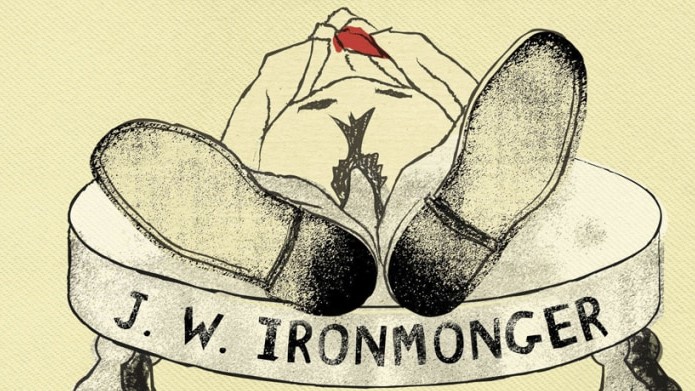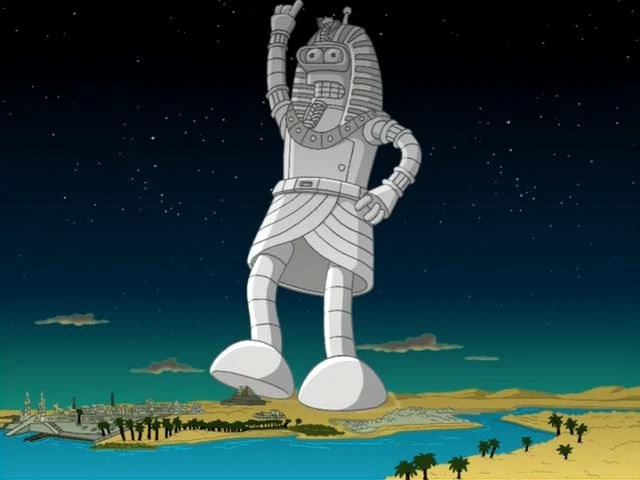The Stories of Our Lives

In The Notable Brain of Maximilian Ponder a man called Max attempts to chronicle every detail of his life. In this story there’s something to be found of each of us. We overly concern ourselves with documenting our lives and with how we will be traced—not just when we’re gone but today, when we’re meant to be living our lives.
Recently I discovered a novel called The Notable Brain of Maximilian Ponder. In this story the author, J.W. Ironmonger, tells the tale of man called Max who, ambitiously, attempts to catalogue his entire brain’s contents by recording every thought he ever has. The result is 1600 books and folders, including 358 volumes of autobiographical monologue, which he painstakingly records on note paper and bound in red leather.
But, sadly, Max dies. The aftermath is described in the opening passages of the book:
Maximilian Ponder is lying face up, dead, on the dining table in his own front room. This is something you really should know, right from the start.
Max would also have wanted you to know that this is an Henri II-style, French, walnut, extending dining table, standing on solid turned legs with fretwork decor to the middle, and also a fine ebony and sandalwood inlay. It was designed by the French furnituremaker Nicolas Rastin, and probably dates from around 1900 […]
Max’s friend Adam provides the narration and he does so in great detail. Max would have been glad to see this, given his own obsession with detailed chronicling. Adam was Max’s only link to the outside world, which Max wanted no part of; he thought it would pollute his brain, whose purity he required for his extensive cataloguing.
Why did Max want all of this? After all, what’s to value in the endless mundanity of life’s finest details?
Max believed memories form us; they make us who we are. So, he thought, if these memories can be accurately made account of, maybe one day scientists will be able to recollect them by deciphering the physical contents of his brain—phenomenally experienced stories from matter! Indeed, Max dedicated his body to science for this purpose.
Moreover, Max lived in fear of memory loss, something which his dad suffered from before he died. Then by cataloguing each thought he had Max was attempting to cling onto the present—who he was in each moment—and also leave something behind which was retrievable to others and wouldn’t die with him. He was fighting the ephemeralness and impermanence of life.
This story got me thinking: don’t we do the same?
Superficially, many of us routinely document our lives publicly on social media. We place pieces of ourselves there, behind which we hide what’s really going on. We curate identities that give rise to lasting self-images in an outside world of publicity and persona. Highlights are carefully selected. The currency is likes.
In this bleak description we sound like spectacularly superficial creatures. Actually, I argue the act to catalogue our lives online goes deeper. We resist life’s transience by giving our stories stable forms, like images and words. Elsewhere, we write in diaries and take photos. In our careers we try to leave indelible marks that bring value to society because of us.
Yes, when we tell the stories of our lives we give shape to them with an audience in mind. There is certainly vanity there. However, in so doing, we capture moments to be remembered, relived, and cherished by ourselves. Like Max, we fear forgetting important parts of our lives which can be pieced together from the details. So we reify these stories.
Furthermore, I think we fear being forgotten as we were. Max’s fate—death—will befall us all, which perturbs us, and we are troubled by how differently we’ll be remembered—if at all. We therefore make sure the vestiges of ourselves trace the truth.

‘Remember me.’ In Futurama S3E17 Bender is fraught with the worry that he won’t be remembered by people after he dies. Narcissistically, then, in an attempt to leave a legacy, he forces slaves on Osiris IV to build him a giant statue. I think we’re at least better than that. (20th Century Fox Television)
I must admit, despite the warning signs given by Max’s obsessive chronicling, I find Max’s idea appealing. In fact, I archive my thoughts, my memories, and my feelings in great detail already. To tell my stories, for example, I keep a record of my favourite recent experiences as photos and videos on social media. Just today I was rewatching old videos of times with friends again. I also explore and display my musical taste on last.fm, channelling my emotions and manifesting my identity through it. I create playlists on Spotify to relive concerts. I write each poem to suspend a particular set of feelings from a time of life. I keep physical mementos. And, of course, I write for The Human Front to crystalise philosophical thoughts I’m having.
Not only do I fear forgetting these wonderful times my life but, like Max, I want to leave something behind after I go—my perspectives of what mattered and traces of what once was for the people I knew and cared for. Ultimately, I love my life so much, which is why I despair at mortality and resent time as a destructive force: I don’t want to let this wholesome and meaningful life go.
But therein lies a danger to my chronicling: all the while, I am forgetting to live my life as it should be lived, held back by the interferences of my own record-keeping. Perhaps I am trying too hard to fix truths of my life by framing and timing my photos and videos just right, by crafting what I think my taste in music should be, and by continually putting forward my takes on things. With a phone out and a pen in my hand, I’m letting the outlook I hold of the world of now and of after I’ve departed it stand so tall that it overshadows the world in which I am living.

Dark Tranquillity at Bloodstock Open Air 2022 I’m not saying that cataloguing your life is a mistake; I certainly do it (as evidenced by this photo). I just think there’s a compromise to be had in a life with minimal interference, not zero interference. After all, I want to remember it. At this concert, for instance, my phone was recording events for a fraction of the show (seconds).
As humans, we also love telling stories. We rely on them use to educate and to elucidate even though, by design, they are open-ended and ambiguous. We tell them, not just about ourselves but others. However, in our stories we are liable to cataloguing too much detail and striving too much for perfection. We forget to live life itself.
We emphasise the aspects of life which are definable as narratives from the outside. Experience is replaced by aesthetic content: abstractions and curations; surface without perspective. In caring so much for self-evaluation, in experiencing life through a camera lens, and in obsessing over dispensable detail we lose what matters, the context, by instead living vicariously through others. Lest we meet the fate of the vain Dorian Gray, whose ugly nature was determined by the story his painting told, we should re-evaluate our relationship and temper our fixation on ourselves in the meta-verse; for we risk becoming reflection of it.
Yet there’s a surprisingly positive upshot to Max’s story and also my own. It’s in the smallest details of life in which some of the greatest moments are realised. Moments themselves are fleeting: they fizzle and pop and disappear forever. They can’t be clung onto as they were. However, catalogues, when they are not overdone, capture some of these moments and act as meaningful remedies to life’s relentless transience. From mine I ascertain an important narrative: I remember who I was, who I am, and how I will be remembered.
Now, who are you?
